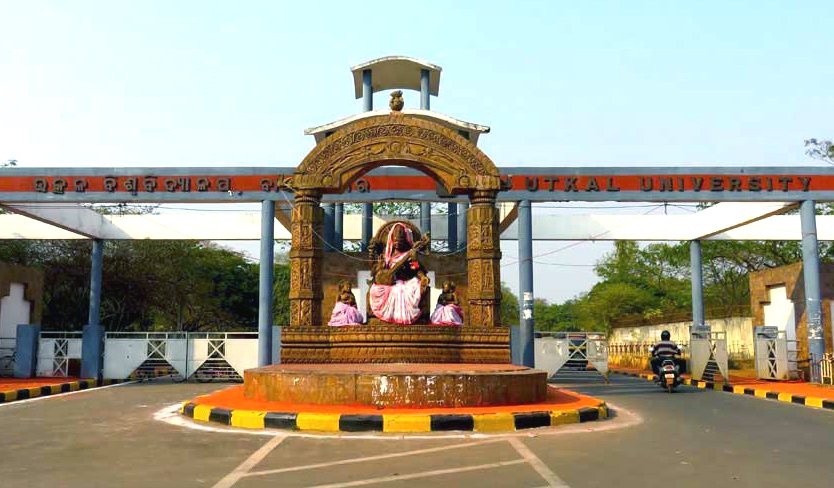ARINDAM GANGULY, OP
Bhubaneswar: The higher education system in Odisha is in the throes due to a severe leadership vacuum, with more than half of the state-run universities functioning without permanent Vice-Chancellors (VCs). Moreover, after months of delays, the state government’s effort to appoint regular VCs is mired in controversy, fuelling concerns over the future of academic leadership in the state.
The recruitment process began in June 2025, when the state government advertised for 13 VC posts, promising to adhere to University Grants Commission (UGC) guidelines for selection. However, nearly five months later, none of the positions have been filled, and the state’s universities continue to suffer from administrative paralysis.
Altogether, 13 out of 17 public universities remain under the leadership of interim VCs or are completely without permanent heads. Governor Hari Babu Kambhampati attributed the delay to the lack of clarity in the Odisha Universities Act, which was only amended recently. “The appointment of VCs was delayed due to a lack of clarity in the Act,” Kambhampati said during a media interaction recently. “Now, the Act has been amended. We have a set of selection panels. We hope the universities will have full-time VCs in the next two to three months.”
However, some reports have suggested that the shortlisting panels at prominent varsities have favoured candidates whose qualifications do not align with UGC’s merit-based criteria.
Defending the process, Higher Education Minister Suryabanshi Suraj said, “We’ve received an overwhelming number of applications, and the process is being conducted with utmost caution to ensure that only the best candidates are appointed.”
Former UU VC Sabita Acharya stated that, like the VC of Fakir Mohan University, whose tenure was extended by the Governor, hers could have been extended as well. She said, “I was eligible and serving as the current VC at the time, but for reasons unknown to me, my tenure was not extended. I wonder if my gender played a role in this decision. While I can’t say for sure, it is possible that being a woman influenced the outcome, despite my qualifications and my active role as the VC.”
About the delay in VC recruitment, she said, “I believe it was simply due to a delay in the process from the authorities.” The Odisha Universities (Amendment) Act, 2024, which came into effect earlier this year, introduced key reforms like enhancing the age limit for VCs from 67 to 70 and inclusion of education experts in VC selection committees while ensuring that merit and academic experience are prioritised over political considerations.
However, educationists like NK Pujari highlighted administrative inefficiencies as a major reason for delays in the appointment process. “Bureaucratic bottlenecks, such as delays in forwarding necessary documents, have slowed down the selection of VCs. The complexity of the new procedures further complicates the process,” he said.
Subhalaxmi Jayasingh, a student of Rama Devi Women’s University (now headed by an in-charge VC), said the absence of a permanent VC has led to delays in resolving key issues at her varsity, such as hostel facilities, educational trip approvals and examination schedules.
Orissa POST- Odisha’s No.1 Trusted English Daily
